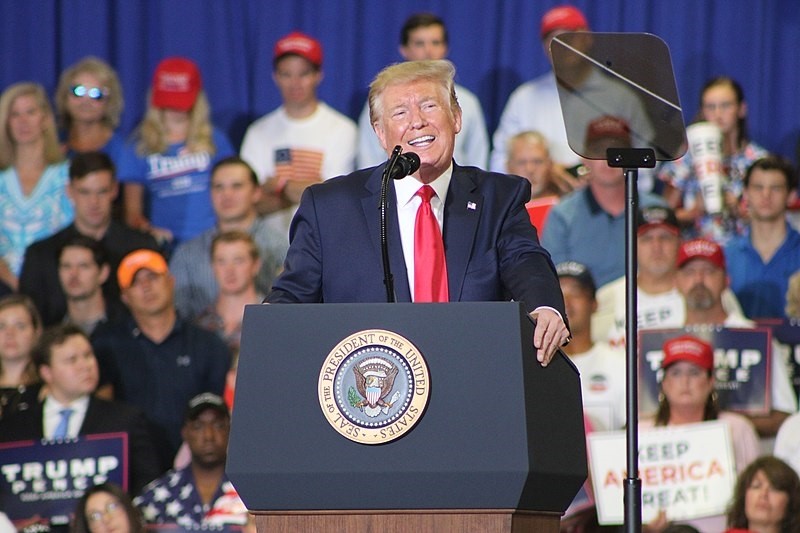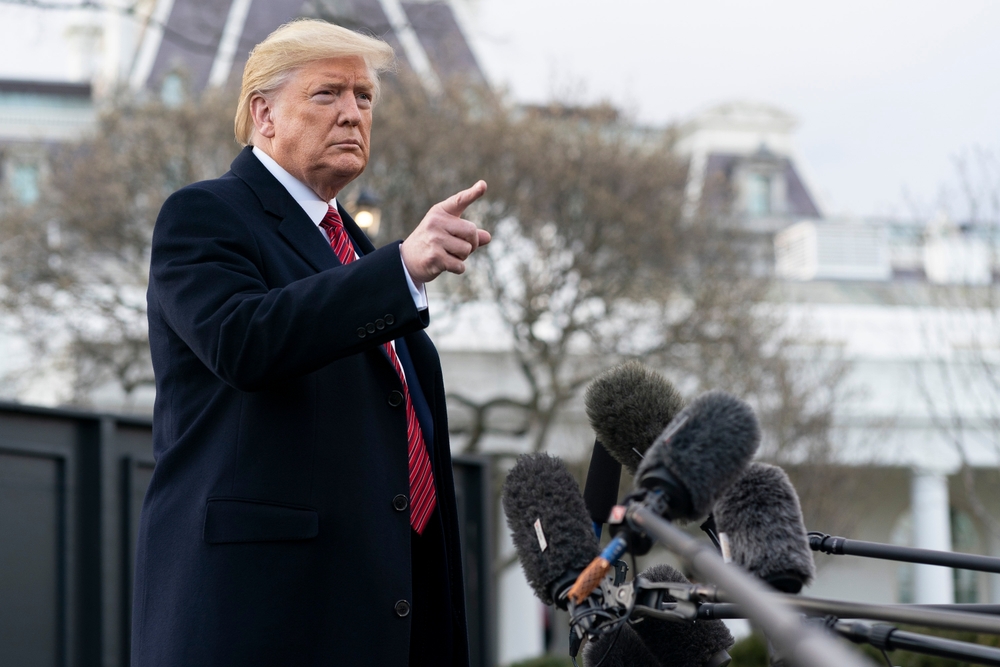Hollywood's Struggles Intensify with Proposed Tariffs on Foreign-Made Films
Is the Film Industry in Trouble?
Hollywood has been grappling with significant challenges over the past decade. Production in the region has declined by 40%, with many studios opting to film in locations like Canada, the UK, and Australia, attracted by favorable tax incentives and lower production costs. Sky News suggests this trend has led to concerns about job losses and the diminishing prominence of the U.S. as a global filmmaking hub.
Is the Movie Industry Losing Money?
While the global box office has seen fluctuations, the U.S. film industry has faced financial pressures from various fronts, including streaming competition, changing consumer behaviors, and the aforementioned shift in production locales. These factors have contributed to a complex economic landscape for Hollywood studios.

Trump's Proposed Tariffs: A Double-Edged Sword
In an attempt to rejuvenate domestic film production, President Donald Trump announced plans to impose a 100% tariff on movies produced outside the United States. He labeled the outsourcing of film production as a "national security threat" and criticized foreign incentives that lure American filmmakers abroa according to Reuters.
The proposal has sent shockwaves through the industry. Major studios like Disney, Warner Bros., and Netflix experienced stock declines following the announcement. Industry experts express concerns about the feasibility of such tariffs, especially given the global nature of modern filmmaking, where productions often involve international locations, crews, and post-production work.
Related: Ynon Kreiz: Steering Mattel Through Global Challenges
Related: Trump's Tariffs Ignite Nationalist Surge in Canada's 2025 Election
Potential Impacts on the Film Industry
-
Increased Production Costs: Tariffs could make foreign-made films more expensive to distribute in the U.S., potentially leading to higher costs for studios and consumers.
-
Global Trade Tensions: Other countries might retaliate with their own tariffs, affecting the international distribution of American films and potentially harming the U.S.'s $15.3 billion trade surplus in the film sector.
-
Uncertainty in Implementation: Questions remain about how the tariffs would be applied, especially concerning co-productions and films with multinational involvement.
Will This Help Hollywood?
While the intention behind the tariffs is to bolster domestic film production, many industry insiders believe that such measures could have unintended consequences. The complexity of modern filmmaking, combined with the potential for international trade disputes, suggests that the tariffs might further strain an already challenged industry as suggested by WSJ.

Conclusion
As Hollywood navigates these turbulent times, the balance between protecting domestic interests and maintaining global collaborations remains delicate. The coming months will reveal whether the proposed tariffs will rejuvenate the U.S. film industry or exacerbate its existing challenges.












